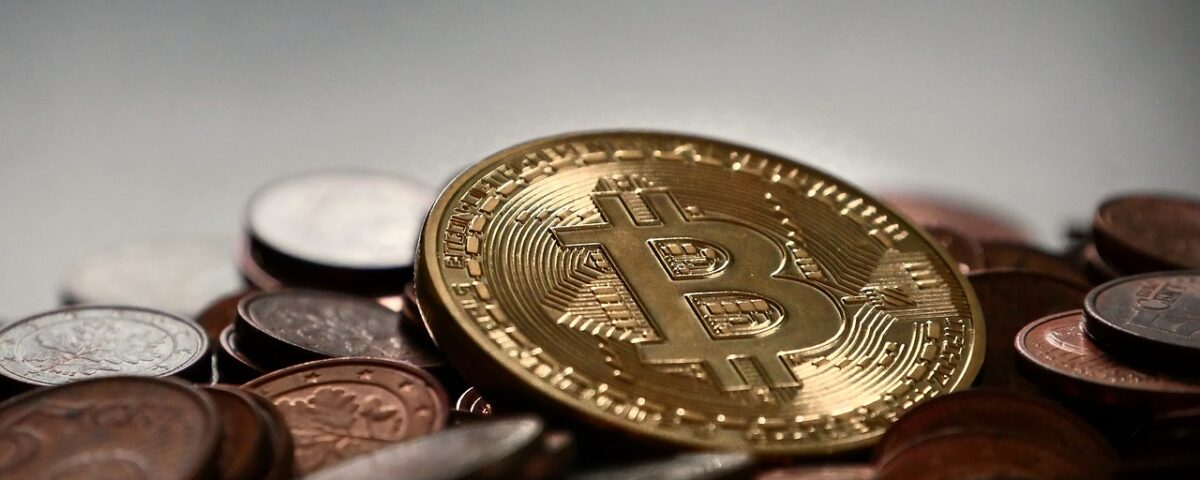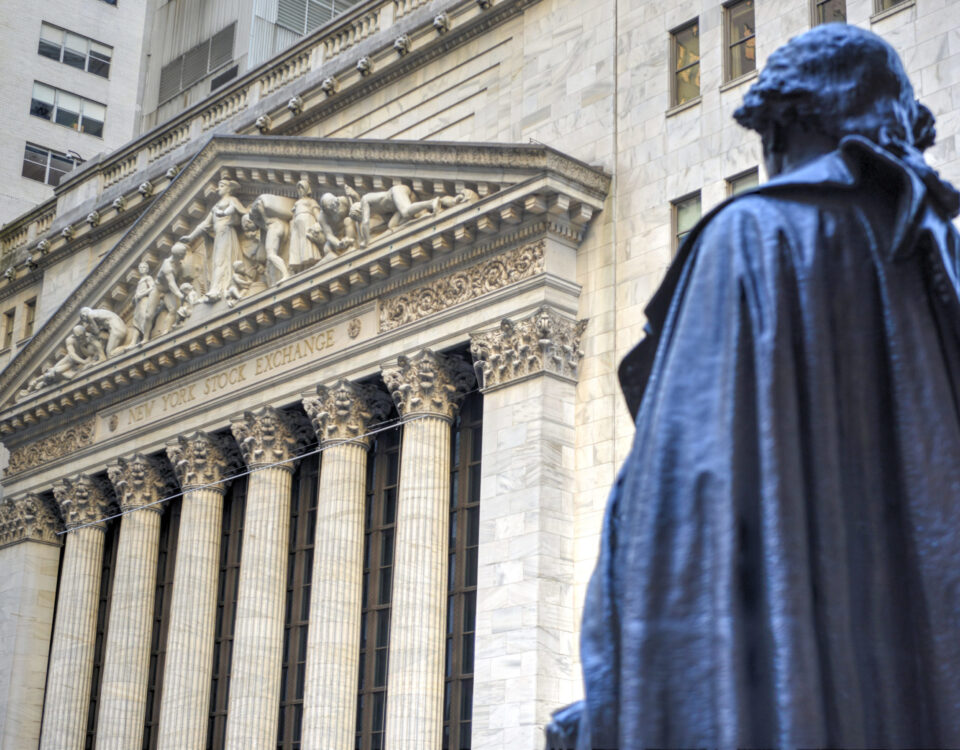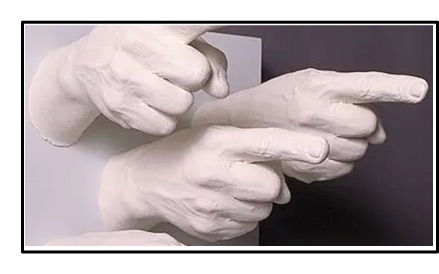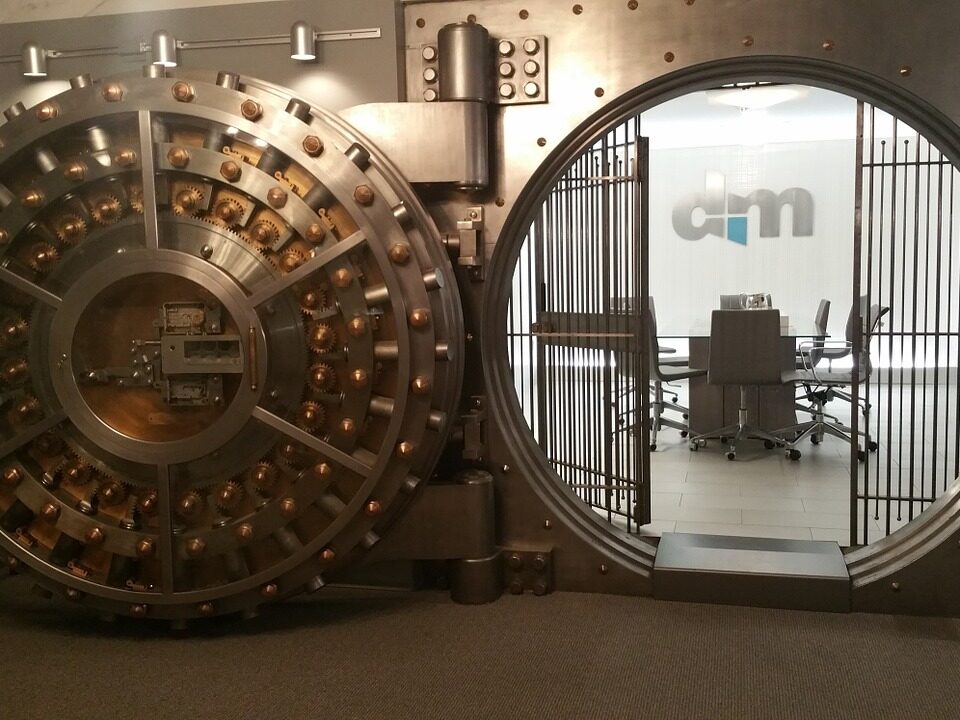
Our Weekly Economic News Roundup: From Clean Bathrooms to Clean Air
November 12, 2022
Where Bitcoin Has Another Problem
November 14, 2022The cryptocurrency exchange, FTX, just filed for bankruptcy.
To understand why the event is a whopper, please think of four numbers: $16 billion, $2 billion, $10 billion, and $400 million.
Customers kept $16 billion at FTX for trading. Meanwhile, the $2 billion was from investors and the $10 billion, a loan to a sister entiry. Finally, after a recent hack, $400 million disappeared. (16,000,000,000; 2,000,000,000; 10,000,000,000, 400,000,000–a lot of zeros)
Now, all might be gone.
However, since the firm functioned under no U.S. regulatory umbrella, we don’t know if the numbers are accurate. We don’t even know if cryptocurrency is a security.
The Howey Test
During 1946, the U.S. Supreme Court used a small case about oranges to make a big statement about securities law.
It all began when W.J. Howey Co. sold half its orange grove and kept the rest. Paying most expenses, the new owners leased their half back to Howey who then shared the revenue. Because the transaction had not been registered with the SEC, the Supreme Court had to decide if there was a regulatory viol;ation. The answer came from the Howey Test.
There were three criteria:
- An investment was the first requisite.
- A common enterprise was the second one.
- And then finally, the profits were supposed to come from a separate party.
The result is an “investment contract” that means the SEC (Securities and Exchange Commission) can regulate it.
Our Bottom Line: Cryptocurrency Regulation
Now again the Howey Test is relevant.
To select a regulator, we have to decide what cryptocurrency is. If it is property, then the IRS said it could tax it. However, as a commodity, then it would be overseen by the CFTC (Commodities and Futures Trading Commission). Also if the Howey Test makes it a security then the SEC (Securitites and Exchange Commission) is in charge. And finally, is it money? If yes, then it has to be a unit of value, a store of value, and a means of exchange and the Federal Reserve enters the picture?
My sources and more: Having just subscribed to the Bloomberg Crypto podcast, I am learning so much during my daily walks. They reminded me of the Howey Test and our past post. From there, there was a slew of articles on the FTX collapse. Several are here, here, and here.
![econlifelogotrademarkedwebsitelogo[1]](/wp-content/uploads/2024/05/econlifelogotrademarkedwebsitelogo1.png#100878)





2 Comments
What is crypto? It is certainly not a currency,because the government will not accept it as taxes, nor declare it legal tender for all debts public or private. And a good thing; because between automatic limitation on bitcoin issuance, and the proliferation of alternate coins, the economy would be on a rollercoaster between depression (like the centuries of depression in midieval Europe as silver drained toward the east), and hyperinflation (like the one that devastated the Spanish economy after Potosi). The Fed may not be competent to fine-tune the economy; but it can prevent devastating swings by roughly matching money supply to economic activity.
Neither is it an investment, because crypto doesn’t even pretend to enable money-making activity.
What it is, is a collectable, like baseball cards and tulips. It deserves no regulation from government nor bailouts of fools who “invest” in it.
Yes, Rick, I agree with most of what you say. But, does it make a difference if other countries like El Salvador have declared bitcoin legal tender and encouaged using it? Do take look at our econlife post “A Bitcoin Story With The Right Incentives and the Wrong Results.”